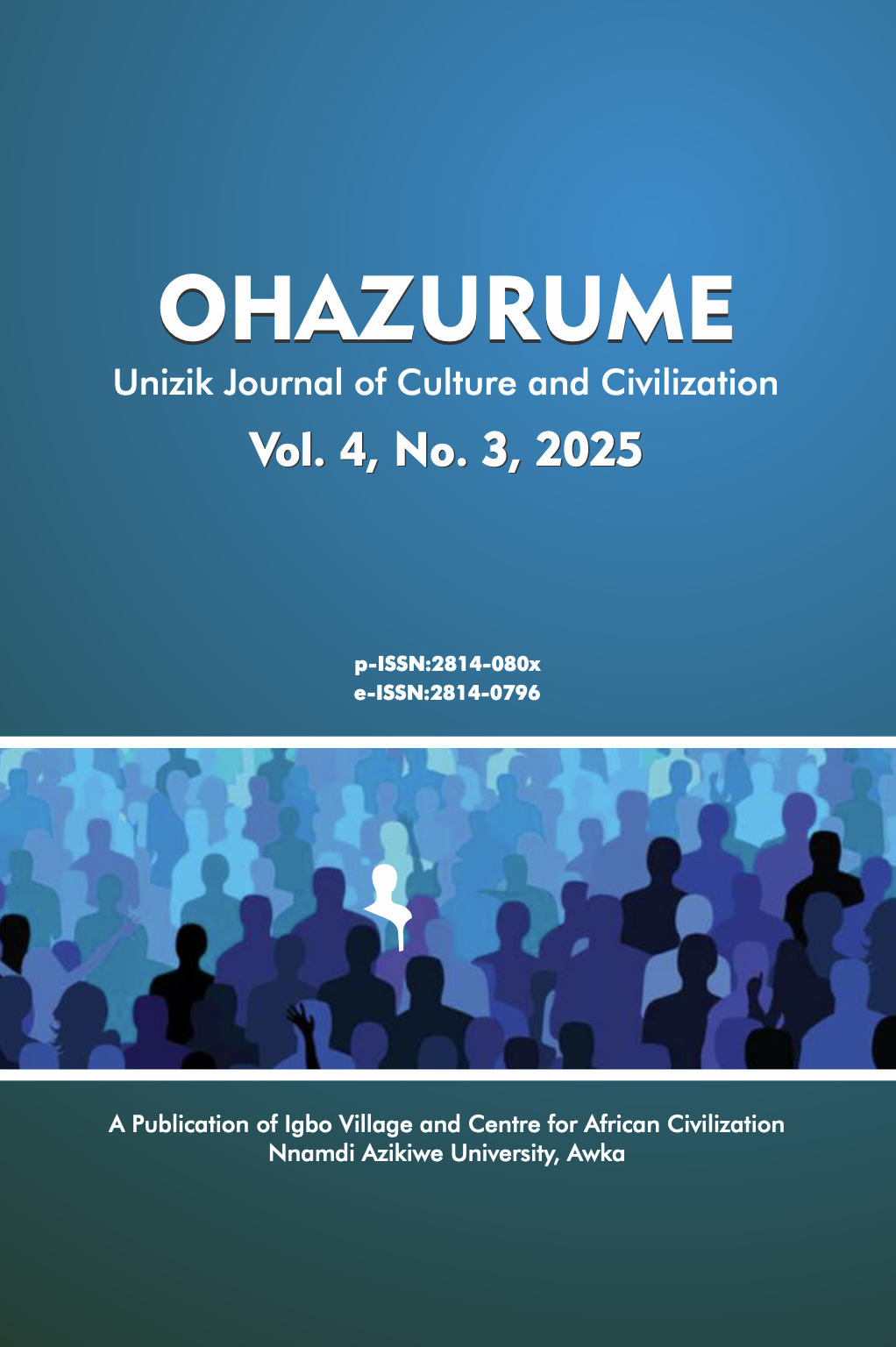The Quest for Self-Governance: Rethinking the Igbo Identity in Nigeria
摘要
The study interrogated post war interethnic relations in Nigeria with particular focus on the fate of the Igbo ethnic nationality. It is also predicated on the fact that despite the past war policies implemented by the successive administrations since the end of the Nigeria Biafra war to drive national integration, the Igbo has persistently agitated for a separate nation. The objective of the study therefore is to address the causes of Igbo agitation. The work utilizes qualitative method with data gleaned essentially from secondary and primary sources. It also adopted the Relative Deprivation theory to justify the reason the Igbo took to agitation for independence. Findings showed that systemic exclusion of the Igbo has defined governance since the end of the Nigeria-Biafra war in 1970. This is manifested in a carefully orchestrated political structure that denied the Igbo the Nigerian presidency or any substantial federal presence compared to the Hausa-Fulani and the Yoruba. The study concludes that the unjust marginalization of the Igbo has foisted a sense of alienation in them, hence the clamour for separate existence. And that the exclusion of the Igbo in the Nigerian political economy has hindered national integration. The work recommended among others that for the sake of equity, national integration and stability of Nigeria, the Igbo should be conceded the Nigerian presidency in 2031


